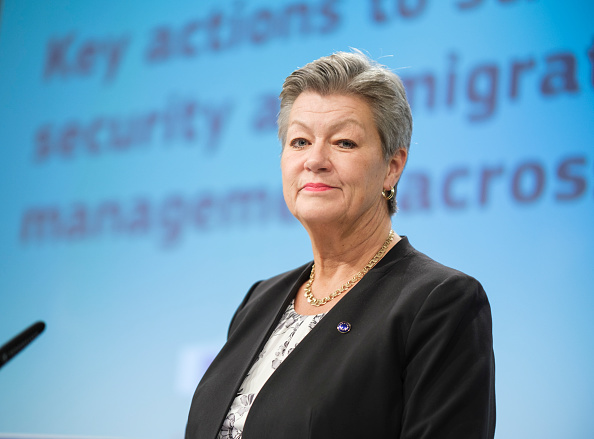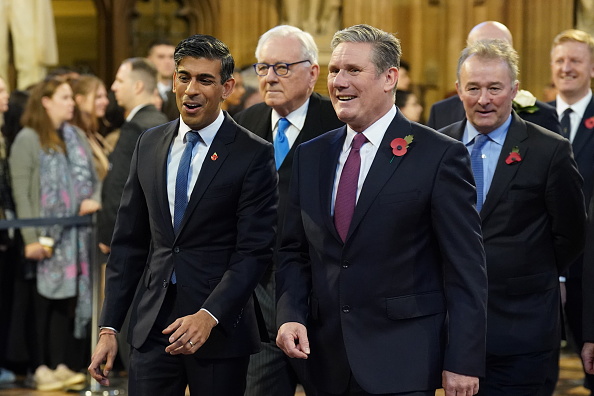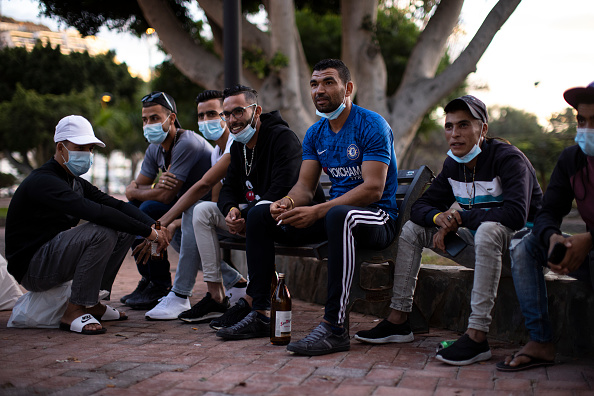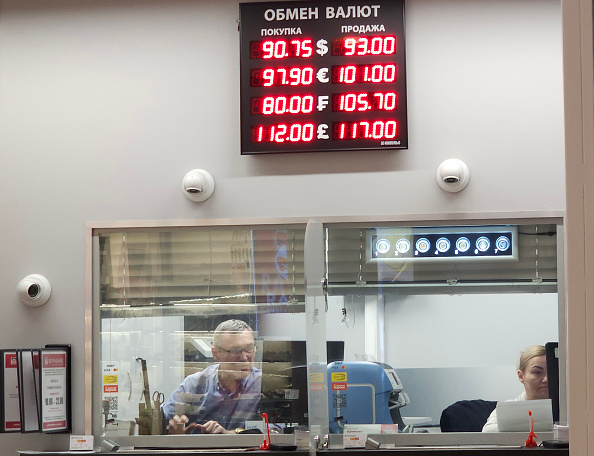There are 62,000 people who are either active in, or have connections to, gang networks in Sweden according to the country’s National Police Commissioner, Petra Lundh.
With shootings, arson attacks and gang-related deaths now occurring virtually daily in Sweden, gangs are an increasingly uncomfortable political reality for Sweden’s politicians as they face European Parliament elections in June.
Alongside Lundh’s comments on February 23, it is believed many of these gangs are run by second-generation immigrants, with many of these criminal organisations operating both in multiple countries.
“The ‘Kurdish Fox’ [Rawa Majid] became an issue between Turkey and Sweden in 2023; he was detained in Turkey but still running his [Swedish] operations from there,” Saga Söderström, a Swedish politics postgraduate at the London School of Economics, told Brussels Signal.
“The ‘Foxtrot Gang’ [led by Majid, who is still in Turkey] is also one of our most dangerous,”
Sweden’s criminal gangs have become increasingly brazen in their operations over the past decade, with inter-faction conflict often resulting in some neighbourhoods in the country becoming de-facto conflict zones
Gang warfare “started in 2018 between the ‘Death Patrol’ and ‘Schottas’ [gangs]”, Söderström explained, adding that “since then several gangs have gotten involved”.
“Currently several areas in Sweden are totally gang-run”, such as the Angered neighbourhood near Gothenburg, she added.
These are “uninhabitable by the general population and police can’t even enter”.
Sweden’s politicians have acknowledged the problem. Justice Minister Gunnar Strommer said on February 23 that in 2023, Sweden “had nine times more deadly shootings than Norway, Denmark and Finland put together”.
In October, Prime Minister Ulf Kristersson invited the country’s other party leaders to a National Security Council meeting to discuss the violence.
At the gathering, he asked MPs to work together on legislation for Police stop-and-search zones to be established and “residence bans” allowing courts to ban certain individuals from living in a particular area for a period of time.
High crime levels in Sweden are pushing rescue workers to drastic measures; those in the city of Uppsala, near Stockholm, will be equipped with bulletproof vests. https://t.co/dn6B7sYKIs
— Brussels Signal (@brusselssignal) March 25, 2024
If his intention was to tackle gang violence through party politics, he failed.
“It was good that we had the meeting, but I am deeply disappointed that the government could not present any new measures,” said opposition leader Magdalena Andersson of the Swedish Social Democratic Party.
For all of Sweden’s parties, the issue is closely linked to another key election priority — migration. Both will heavily influence the outcomes of the June EP election — as well as the subsequent 2026 Swedish general election.
For Andersson, Kristersson is to blame for Sweden’s difficulties in both of these areas, with the PM having previously served as Minister of Social Security and then as Shadow Finance Minister before taking up the top job.
“[Kristersson] pushed through one of Europe’s most liberal migration laws, which we moved away from”, she said.
The argument appears to have resonated with voters.
Andersson’s Social Democrats attracted 34 per cent in a poll at the start of February, ahead of 19 per cent for Kristersson’s Moderata (Meodretaes) party. She is also ahead of the more right-wing Swedish Democrats, which is supporting the government under a confidence and supply agreement, with the populist group currently polling at around 21 per cent.
For Andersson’s party, these are numbers “not seen in over a decade”, noted Oxford Analytica.
The surge in gang-related violence “embarrasses a government that promised a solution last year, but is too deeply rooted” for a quick fix, it added.
Putting likely coalition partners together, Andersson’s “Red-Green” coalition polls are approaching 50 per cent.
The “Tidö” parties, the three coalition partners plus their supply and demand partners from the Swedish Democrats, poll at around 44 per cent.
For Tidö politicians, though, their retort is to point to the Social Democrats’ likely coalition partners, the Left, Green and Centre parties, and say they will “force” Andersson into a “much different” policy approach to gang violence than she now advocates.
Sweden’s left-wing Social Democrats have turned against open borders in a newly published report, warning that the levels of immigration into the country have led to a segregated society. https://t.co/XilUrYJAwa
— Brussels Signal (@brusselssignal) November 28, 2023





